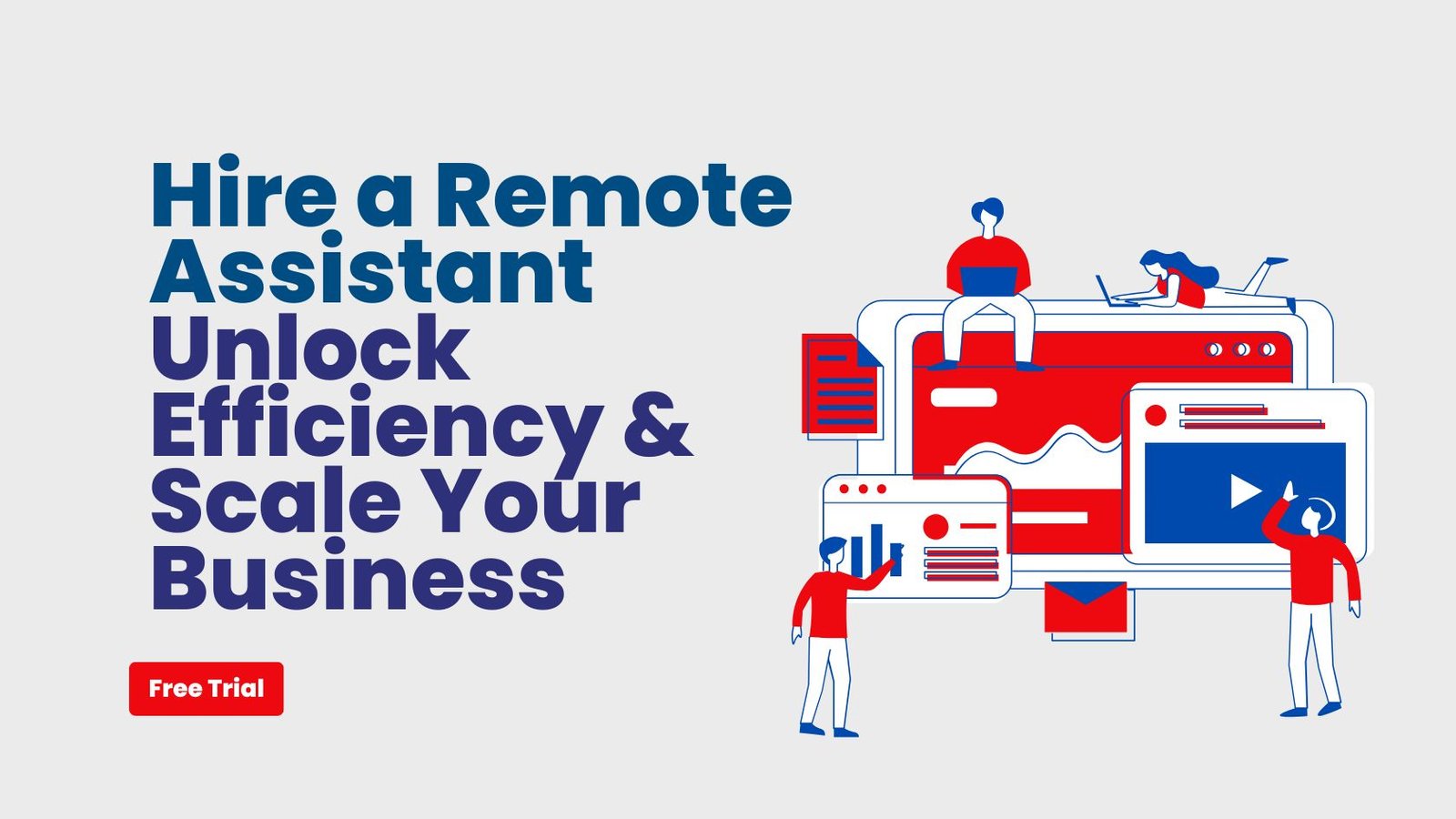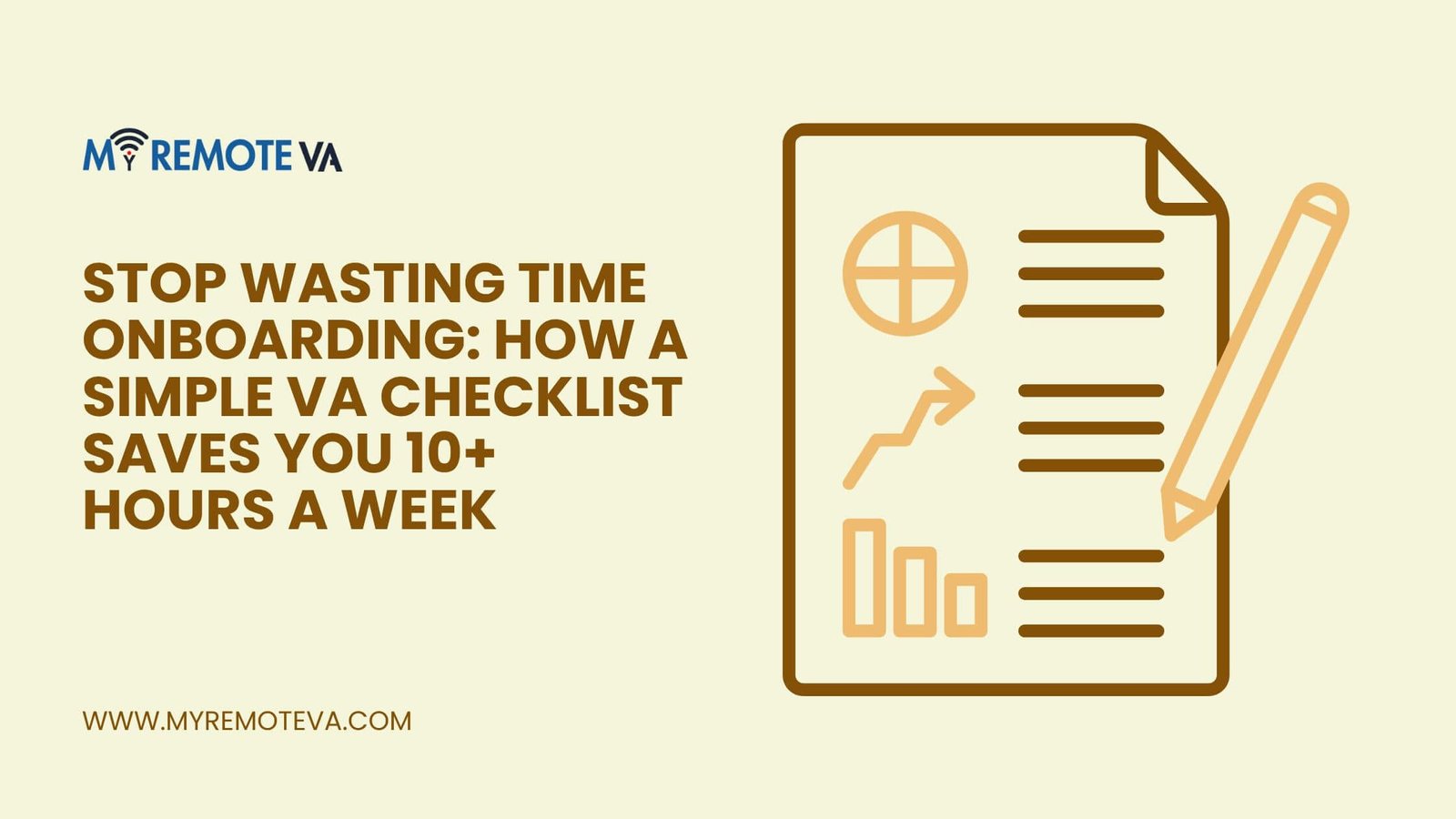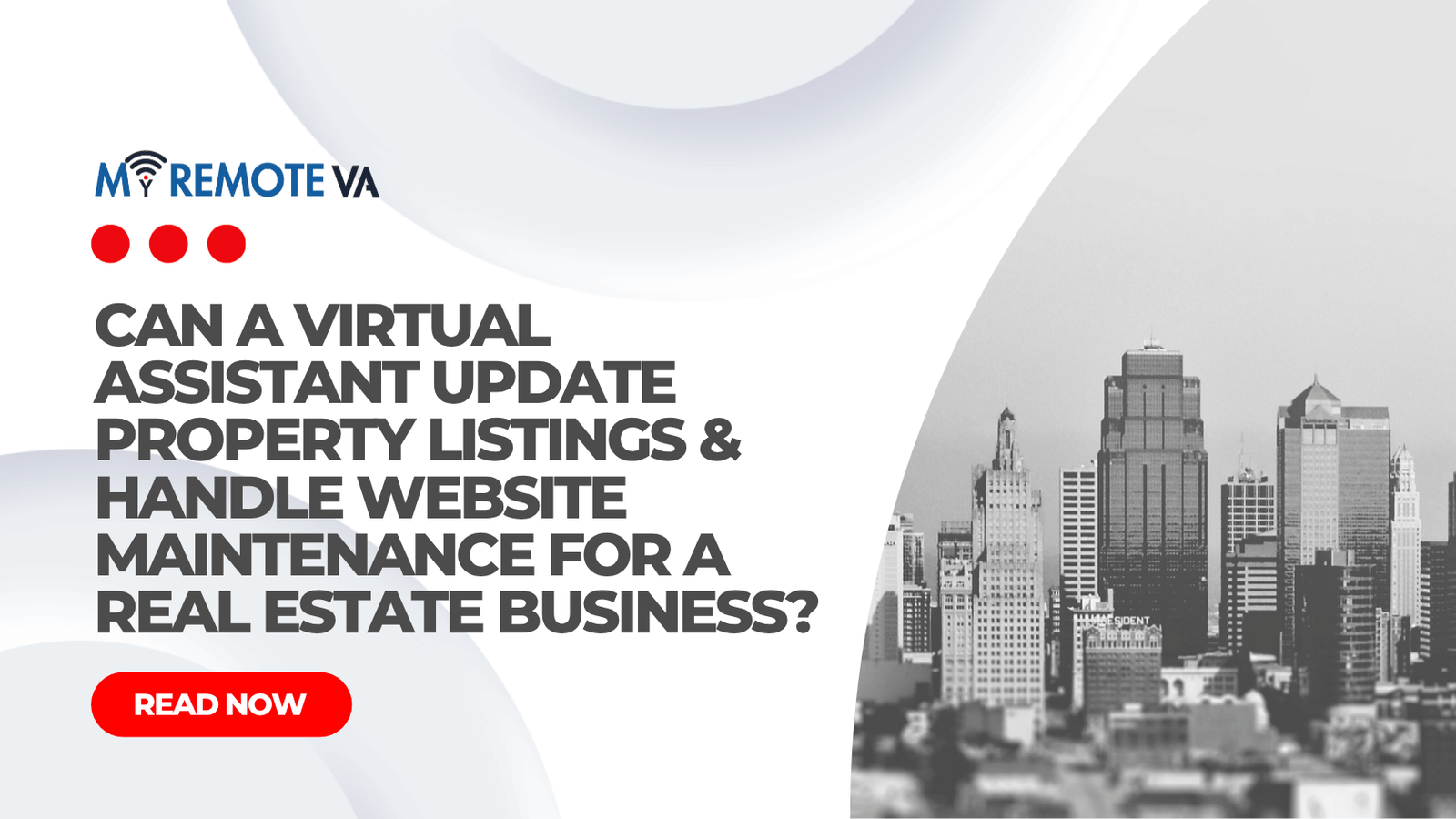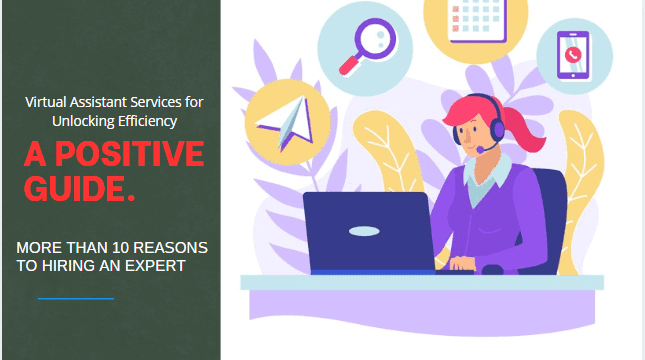What Data Security and Confidentiality Measures Should I Expect When Hiring a Real Estate Virtual Assistant?
Entrusting a virtual assistant (VA) with sensitive real estate data requires robust security and confidentiality protocols. You should expect a clear commitment to protecting your information, your clients’ data, and proprietary business details. This commitment should be formalized and actively enforced.
- What Data Security and Confidentiality Measures Should I Expect When Hiring a Real Estate Virtual Assistant?
- Introduction: The Importance of Data Security in Real Estate
- Key Data Security Measures to Expect
- Recent Market Signals & Best Practices (USA, UK, New Zealand, Singapore, Australia, UAE)
- What to Ask Potential Real Estate Virtual Assistants
- FAQ: Data Security and Confidentiality with Real Estate VAs
- Conclusion: Protecting Your Real Estate Business's Data
Key Security Measures to Look For:
- Non-Disclosure Agreement (NDA): A comprehensive NDA is a must. This legally binding document should clearly define confidential information, outline permitted uses, and specify penalties for breaches of confidentiality. It should cover both the VA and the VA company, if applicable.
- Data Encryption: Your VA should utilize encryption for data both in transit (e.g., during email communication, file transfer) and at rest (e.g., on their computer, in cloud storage). This prevents unauthorized access to data even if a device is compromised.
- Secure Communication Channels: Insist on secure channels for communication, such as encrypted email services (like ProtonMail) or dedicated project management platforms with built-in security features. Avoid sharing sensitive information via unsecured methods like regular email or instant messaging apps.
- Password Management: The VA should adhere to strict password management practices, including the use of strong, unique passwords, regular password changes, and a secure password manager. Two-factor authentication (2FA) should be enabled whenever possible.
- Access Controls: Your VA’s access to your systems and data should be strictly limited to what’s necessary for their specific tasks. Implement role-based access control (RBAC) to ensure they only have the privileges required to perform their duties. Regularly review and update access permissions.
- Data Backup and Recovery: Confirm that the VA has a reliable data backup and recovery plan in place. This ensures that your data can be restored quickly in the event of a system failure or security incident. Backups should be stored securely and separately from the primary data.
- Regular Security Audits: Ask about the VA’s security audit procedures. Regular audits help identify and address potential vulnerabilities in their systems and processes. If the VA is part of a larger company, inquire about the frequency and scope of their security audits.
- Data Disposal Policy: Understand how the VA handles data disposal. When data is no longer needed, it should be securely deleted or destroyed to prevent unauthorized access. Secure deletion methods should be used to overwrite or shred data, rendering it unrecoverable.
- Background Checks: Consider requiring background checks for VAs who will have access to sensitive information. This can help you assess their trustworthiness and identify any potential red flags.
- Physical Security: If the VA works from a physical office, inquire about their physical security measures, such as controlled access, surveillance cameras, and alarm systems.
Confidentiality Agreements and Training
Beyond technical safeguards, ensure your VA understands the importance of confidentiality and receives proper training on data security best practices. A signed confidentiality agreement is essential, and regular refresher training can reinforce the importance of security protocols.
By carefully evaluating these data security and confidentiality measures, you can confidently delegate tasks to a real estate virtual assistant while protecting your valuable information.
Introduction: The Importance of Data Security in Real Estate
In the fast-paced world of real estate, data is king. From client information and property details to financial records and marketing strategies, handling sensitive data is a daily occurrence. When you bring a virtual assistant (VA) into the mix, you’re entrusting them with access to this vital information. Therefore, understanding and implementing robust data security and confidentiality measures is not just good practice; it’s absolutely essential.
The real estate industry is a prime target for cyber threats . A data breach can lead to severe consequences, including financial loss, reputational damage, legal liabilities, and erosion of client trust. Imagine the impact of a competitor gaining access to your pricing strategies or a malicious actor exploiting client contact information for phishing scams.
Hiring a virtual assistant can significantly boost your efficiency and productivity. They can handle administrative tasks, marketing support, customer service, and even technical tasks related to property management. However, this convenience shouldn’t come at the expense of your data security. Before entrusting any VA with your sensitive information, it’s crucial to establish clear expectations and safeguards to protect your business.
What’s at Stake? Real Estate Data Under Scrutiny
Consider the types of data a real estate VA might handle:
- Client contact information (names, addresses, phone numbers, email addresses)
- Financial records (property values, mortgage information, transaction history)
- Property details (addresses, floor plans, photos, virtual tours)
- Marketing strategies (ad campaigns, email lists, social media accounts)
- Legal documents (contracts, leases, disclosures)
Each of these data points represents a potential vulnerability. Therefore, proactively addressing data security concerns is a critical step in establishing a successful and secure working relationship with your virtual assistant.
Key Data Security Measures to Expect
When entrusting a virtual assistant (VA) with real estate tasks, data security and confidentiality should be paramount concerns. Real estate transactions involve sensitive client information, financial details, and proprietary data, making robust security measures crucial. Expect a VA service to prioritize these areas:
Confidentiality Agreements and Training
Your VA and the VA service provider should have a legally binding confidentiality agreement (NDA) in place. This agreement should clearly outline the responsibilities regarding data privacy and the consequences of breaches. Furthermore, VAs should undergo regular training on data security best practices, including:
- Proper handling and storage of sensitive data.
- Identifying and avoiding phishing scams.
- Secure password management.
- Recognizing and reporting potential security breaches.
Data Encryption and Secure Storage
All data transmitted between you and the VA should be encrypted using industry-standard protocols (e.g., SSL/TLS). Data at rest, meaning data stored on computers and servers, should also be encrypted. The VA service should utilize secure cloud storage solutions with built-in security features like access controls and regular backups. It’s vital to understand where and how your data will be stored. Ask about their backup and disaster recovery plans, which should include regular data backups stored in geographically diverse locations.
Access Control and Permissions
The VA should only have access to the data and systems necessary to perform their assigned tasks. Role-based access control (RBAC) is a standard security practice that limits user access based on their job function. For example, a VA responsible for administrative tasks shouldn’t have access to sensitive financial information. Regularly review and update access permissions as needed.
Secure Communication Channels
Avoid using unencrypted email or messaging platforms for sensitive communications. The VA service should provide secure communication channels, such as encrypted messaging apps or secure file-sharing portals. These channels help protect sensitive data from interception and unauthorized access.
Regular Security Audits
The VA service should conduct regular security audits to identify and address potential vulnerabilities. These audits should assess the effectiveness of security controls, identify areas for improvement, and ensure compliance with relevant regulations. Ask about the frequency and scope of these audits.
Incident Response Plan
A well-defined incident response plan is essential for addressing security breaches promptly and effectively. The plan should outline the steps to be taken in the event of a data breach, including notification procedures, containment measures, and remediation efforts. Ensure you understand the VA service’s incident response plan and your responsibilities in the event of a security incident.
Recent Market Signals & Best Practices (USA, UK, New Zealand, Singapore, Australia, UAE)
Data security and confidentiality are paramount when engaging a virtual assistant (VA) in the real estate industry, regardless of location. The sensitivity of client data, financial information, and property details demands robust security protocols. Here’s a look at recent market signals and best practices across several key regions:
General Expectations Across Regions
Regardless of the specific country, you should expect the following as baseline data security and confidentiality measures:
- Non-Disclosure Agreements (NDAs): A legally binding agreement is essential. This outlines the confidential information the VA will have access to and their obligation to keep it secure. This should cover client data, transaction details, marketing strategies, and any other proprietary information.
- Data Encryption: VAs should utilize encrypted communication channels (e.g., secure email) and data storage solutions. This protects sensitive information from unauthorized access during transmission and at rest.
- Secure Access Protocols: Implementing strong password policies (including multi-factor authentication) and restricting access based on the “least privilege” principle are crucial. Each VA should only have access to the data they absolutely need to perform their tasks.
- Data Handling Policies: Clear policies regarding data storage, handling, and disposal should be in place. This includes guidelines for securely deleting information when it is no longer needed and preventing unauthorized copying or distribution.
- Regular Security Audits: The VA (or the VA company) should conduct regular security audits to identify and address potential vulnerabilities. This may include penetration testing and vulnerability scanning.
- Compliance with Local Regulations: VAs should be compliant with all applicable data privacy laws, such as GDPR (UK and EU), CCPA (California, USA), and equivalent regulations in other regions.
- Background Checks: Conducting thorough background checks on VAs before granting access to sensitive data is a prudent practice.
Regional Nuances
While the core principles remain the same, some regional nuances exist:
- USA: Emphasis on compliance with state-level privacy laws like CCPA and HIPAA (if dealing with sensitive health information related to clients). Real estate professionals may need to ensure the VA’s practices align with state-specific regulations on data security breaches.
- UK & EU: Strict adherence to GDPR is crucial. This includes obtaining explicit consent for data processing, providing data portability rights, and implementing robust data breach notification procedures.
- Australia: Compliance with the Australian Privacy Principles (APPs) under the Privacy Act 1988 is mandatory. This includes requirements for data security, fair collection practices, and transparency about data handling.
- New Zealand: The Privacy Act 2020 governs data privacy in New Zealand. Organizations must comply with the Information Privacy Principles, which cover data security, access, and correction.
- Singapore: The Personal Data Protection Act (PDPA) regulates the collection, use, disclosure, and care of personal data. Organizations must implement reasonable security measures to protect personal data from unauthorized access, use, or disclosure.
- UAE: The UAE has its own data protection regulations, and it’s essential to understand and comply with these. Specific requirements may vary depending on the emirate and the type of data being processed.
Real estate businesses are increasingly turning to virtual assistants to handle various tasks, from administrative support and customer service to marketing and lead generation. Understanding the landscape of virtual assistant services and implementing strong data security and confidentiality measures is vital. For example, some services offer a dedicated supervisor that manages the VA, shift, processes, and reporting. This can add an extra layer of security oversight to ensure data handling policies are being followed.
What to Ask Potential Real Estate Virtual Assistants
Before entrusting a virtual assistant (VA) with sensitive real estate data, it’s crucial to thoroughly vet their data security and confidentiality practices. Here’s a checklist of questions to ask during the interview process:
Data Security & Access Controls
- What security measures do you have in place to protect my client data and proprietary information? Look for details on encryption (both in transit and at rest), firewalls, intrusion detection systems, and regular security audits.
- What password management policies do you follow? The VA should use strong, unique passwords and a password manager. They should also enable multi-factor authentication (MFA) wherever possible.
- How will you handle access to sensitive accounts (e.g., MLS, CRM, email)? Inquire about the principle of least privilege – only granting access to data and systems necessary for their assigned tasks.
- What happens if your device is lost or stolen? The VA should have a remote wipe capability or a clear process for securing your data if a device is compromised.
- What data backup and disaster recovery procedures do you have? Understanding how the VA protects against data loss and ensures business continuity is essential.
Confidentiality & Non-Disclosure
- Are you willing to sign a Non-Disclosure Agreement (NDA)? An NDA legally binds the VA to keep your information confidential. It’s a standard practice and protects your business.
- What is your understanding of data privacy regulations like GDPR or CCPA (if applicable to your business)? While you are ultimately responsible for compliance, the VA should be aware of these regulations and how they impact data handling.
- What are your data retention and destruction policies? How long will the VA keep your data, and how will they securely delete it when it’s no longer needed?
- Do you have a dedicated workspace that ensures confidentiality? The VA’s work environment should be private and secure, free from distractions and unauthorized access.
- How do you handle communications and file sharing? The VA should use secure communication channels (e.g., encrypted email) and secure file-sharing platforms to protect data in transit.
Training & Awareness
- What training have you received on data security and privacy? Ask about any certifications or ongoing training programs they participate in.
- Are you aware of the common phishing and social engineering tactics used to steal data? The VA should be able to identify and avoid these types of attacks.
- How do you stay updated on the latest security threats and best practices? The cybersecurity landscape is constantly evolving, so it’s important that the VA is proactive about staying informed.
By asking these questions, you can gain a better understanding of a potential VA’s commitment to data security and confidentiality. Remember to document all agreements and expectations in a written contract.
FAQ: Data Security and Confidentiality with Real Estate VAs
When hiring a virtual assistant in real estate, ensuring the security and confidentiality of your sensitive data is paramount. Here’s what you should expect from a reputable VA service:
Data Encryption and Secure Communication
Your VA should utilize encryption for all data transmissions and storage. This includes secure email communication, encrypted file sharing platforms, and secure cloud storage solutions. Look for VAs who demonstrate a commitment to using industry-standard encryption protocols.
Confidentiality Agreements and Non-Disclosure Agreements (NDAs)
Before onboarding a VA, insist on a signed confidentiality agreement or NDA. This legally binding document protects your business’s sensitive information, client data, and proprietary processes. The agreement should clearly outline the VA’s responsibilities regarding data handling and confidentiality.
Password Management and Access Controls
Expect your VA to adhere to strict password management practices. This includes using strong, unique passwords, utilizing password managers, and regularly updating passwords. Furthermore, access to sensitive systems and data should be limited to only what is necessary for the VA to perform their duties. Implement multi-factor authentication (MFA) wherever possible for an extra layer of security.
Data Backup and Disaster Recovery
A reliable VA service should have robust data backup and disaster recovery plans in place. This ensures that your data is protected against loss due to system failures, cyberattacks, or natural disasters. Ask about their backup frequency, storage locations, and recovery procedures.
Compliance with Data Privacy Regulations
Depending on your location and the nature of your real estate business, you may be subject to various data privacy regulations (e.g., GDPR, CCPA). Your VA should be knowledgeable about and compliant with these regulations. They should understand how to handle personal data responsibly and respect individuals’ privacy rights.
Training and Awareness
The VA and their organization should provide regular training to their staff on data security best practices and common cyber threats. This includes training on phishing awareness, social engineering tactics, and proper data handling procedures. A well-trained VA is less likely to fall victim to scams or make unintentional errors that could compromise data security.
Physical Security
Inquire about the physical security measures in place at the VA’s work location. This includes secure office spaces, restricted access, and protocols for handling physical documents containing sensitive information. While many VAs work remotely, it’s still important to ensure that their home office environment is secure.
Regular Security Audits and Assessments
The VA service should conduct regular security audits and assessments to identify and address potential vulnerabilities. This includes penetration testing, vulnerability scanning, and security risk assessments. These audits help to ensure that security measures are up-to-date and effective.
Conclusion: Protecting Your Real Estate Business’s Data
Hiring a virtual assistant can significantly streamline your real estate operations, but prioritizing data security and confidentiality is paramount. By implementing robust security measures and fostering a culture of trust, you can leverage the benefits of virtual assistance while safeguarding your sensitive information.
Remember, a well-defined security protocol isn’t just about protecting data; it’s about protecting your reputation and your clients’ trust. It is essential to carefully evaluate the measures employed by your virtual assistant or the company providing the service to ensure they align with your expectations and legal requirements.
Key Takeaways for Data Security with Real Estate VAs:
- Clearly Define Expectations: Explicitly outline data security and confidentiality expectations in your contract with the virtual assistant.
- Implement Security Protocols: Enforce strong passwords, multi-factor authentication, and secure file-sharing practices.
- Monitor and Audit: Regularly monitor the virtual assistant’s access to sensitive data and conduct security audits.
- Provide Training: Ensure the virtual assistant is adequately trained on data security best practices and company policies.
- Data Encryption: Ensure all sensitive data both in transit and at rest is encrypted.
By proactively addressing data security concerns, you can establish a secure and efficient virtual assistance relationship that empowers your real estate business without compromising sensitive information. While exploring virtual assistant support, you may find services offering flexible plans tailored to different needs. These range from curated hourly monthly plans to team-based solutions, allowing you to delegate tasks without the commitment of a full-time employee. Some even offer options such as a free plan with limited hours to experience the service before making a larger commitment.











